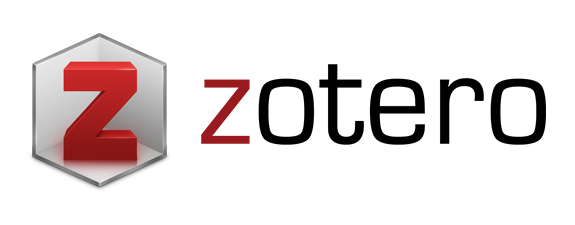IGNAZ GOLDZIHER: KRITIKUS HADIS DAN KRITIKUS SASTRA
DOI:
https://doi.org/10.32678/holistic.v1i1.915Keywords:
Ignaz Goldziher, Orientalis, Kritik HadisAbstract
Speaking of a scholar can not be detached from his/her contribution(s) to the dicipline he/she deals with. In modern ḥadîth criticism, Ignaz Goldziher is regarded as one of the most prominent scholar with a wide range of influence. Through his provokative writings, he inspires the rise of many responses which lively signs the development of the discipline among Muslims and Orientalists. Goldziher’s interests, however, do not only cover ḥadîth, but also extended to other Arabo-Islamic sciences, more particularly literature criticism with the focus on ancient Arabic poetry. In regard with the ancient Arabic poetry, he too has his great influence by which he deserves to be regarded as a prominent critic of literature.
Keen studies on Arabo-Islamic sciences that Goldziher conducted allows him for always being reffered to by scholars. And so his carefull writings are considerred still relevant. On any account, what makes it possible for him to pose such reputations is because of his broad and extensive reading, including the earliest history of the Arabs and Islam from authoritative sources.
Downloads
Downloads
Published
Issue
Section
License
Authors who publish with this journal agree to the following terms:
-
Authors retain copyright and grant the journal right of first publication with the work simultaneously licensed under a Creative Commons Attribution License that allows others to share the work with an acknowledgement of the work's authorship and initial publication in this journal.
-
Authors are able to enter into separate, additional contractual arrangements for the non-exclusive distribution of the journal's published version of the work (e.g., post it to an institutional repository or publish it in a book), with an acknowledgement of its initial publication in this journal.
-
Authors are permitted and encouraged to post their work online (e.g., in institutional repositories or on their website) prior to and during the submission process, as it can lead to productive exchanges, as well as earlier and greater citation of published work (See The Effect of Open Access).


















